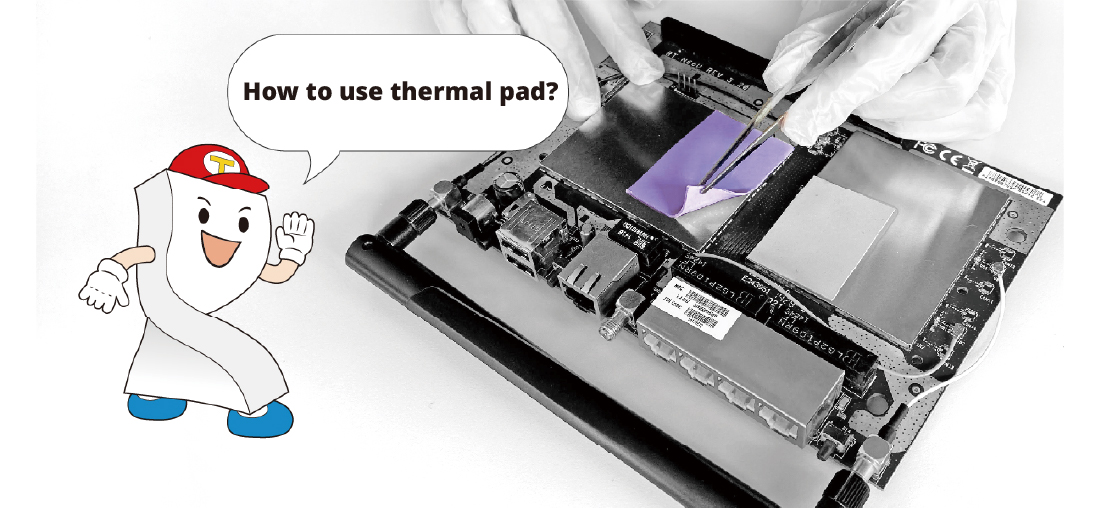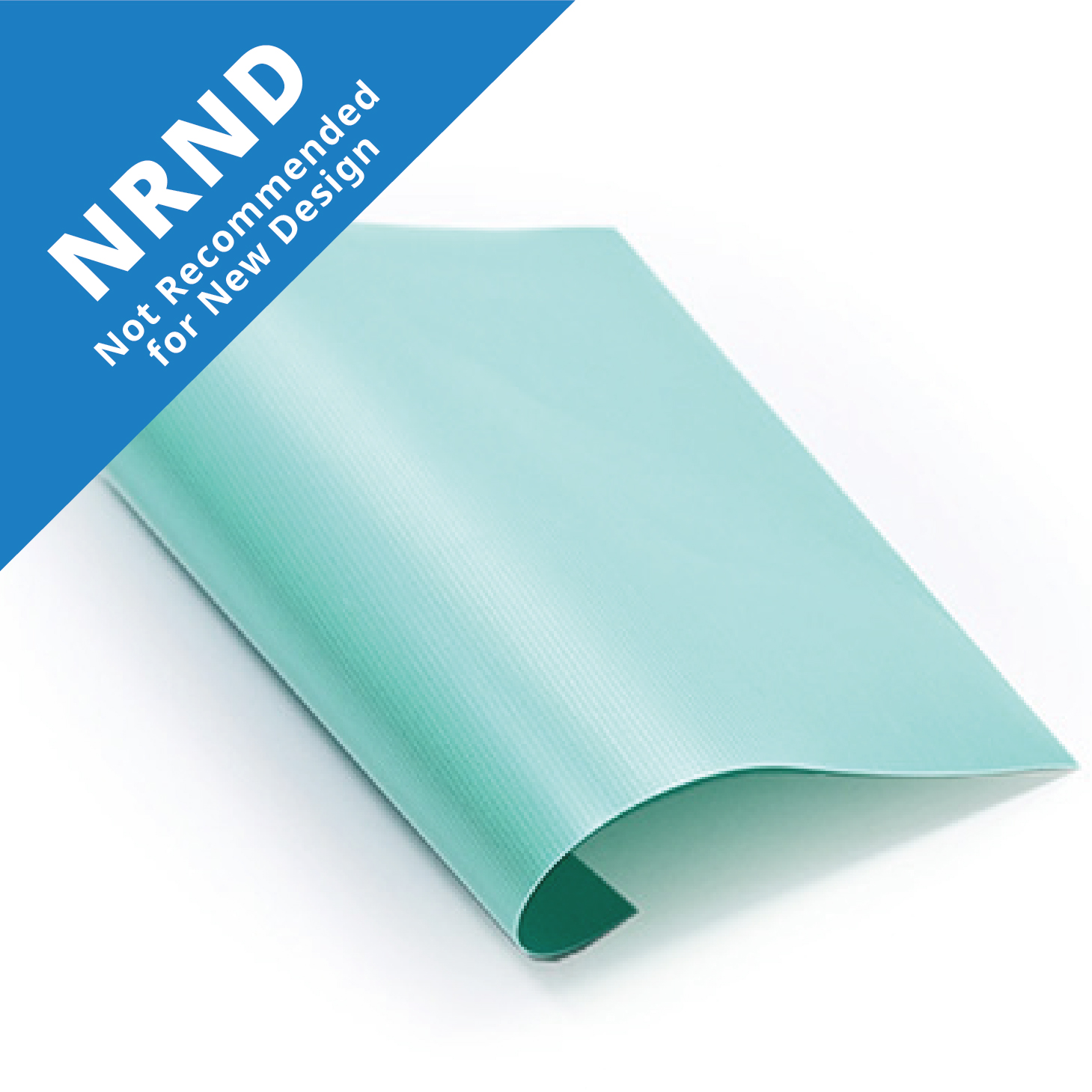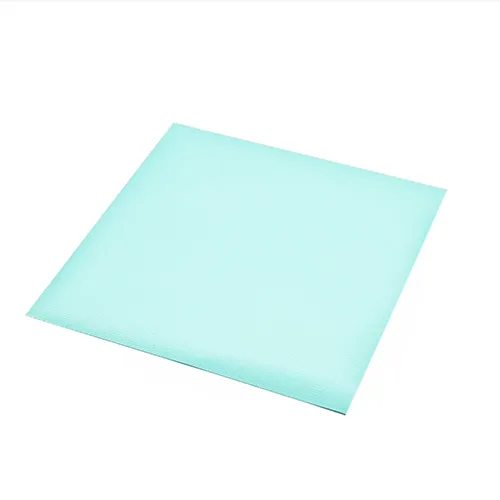In accordance with the European Union’s General Data Protection Regulation (GDPR), we are committed to safeguarding and ensuring your control over your personal data. By clicking “Accept All” you are permitting us to use cookies to enhance your browsing experience, assist us in analyzing website performance and usage, and deliver relevant marketing content. You can manage your cookie settings below. By clicking “Confirm” you are agreeing to the current settings.
GT20 Thermal Pad
- Smooth surface & low contact resistance
- Usable over a wide temperature range
- Electrical insulation; high breakdown voltage
- Complies with UL standards
GT20 is a thermal pad with 2.1W/m·K thermal conductivity also contains thermally conductive silicon glass fiber support. Such as a rubber gasket, with good thermal conductivity, tensile strength, light slippery surface, high withstand voltage, suitable for constant temperature radiation range. The products have “REACH & RoHS & UL” certification, and the production can be customized.
In modern times, electronic products have developed rapidly, especially in recent years, electric vehicle-related applications have become more prominent, and battery energy storage equipment needs to dissolve more and more heat, and there are relatively more restrictions. GT20 thermal conductive silicone gasket contains glass fiber reinforcement, the thermal conductivity of 2.1W/m·K, the high tensile strength of 200kgf/cm2, not easy to cause damage, and high stability of withstand voltage of 6.1KV/mm, which can block electrical, Can fill the gap between the heat source and the heat sink and the insulation effect.
Applications:
Electronic components - 5G, Aerospace, AI, AIoT, AR/VR/MR/XR, Automotive, Consumer Devices, Datacom, Electric Vehicle, Electronic Products, Energy Storage, Industrial, Lighting Equipment, Medical, Military, Netcom, Panel, Power Electronics, Robot, Servers, Smart Home, Telecom, etc.

Tearing off the release paper.
Attach the thermal pad to the heat source.
Remove the protective film.
Apply components onto the exposed part.
Thermal Conductivity
Dielectric Breakdown Voltage
Hardness








